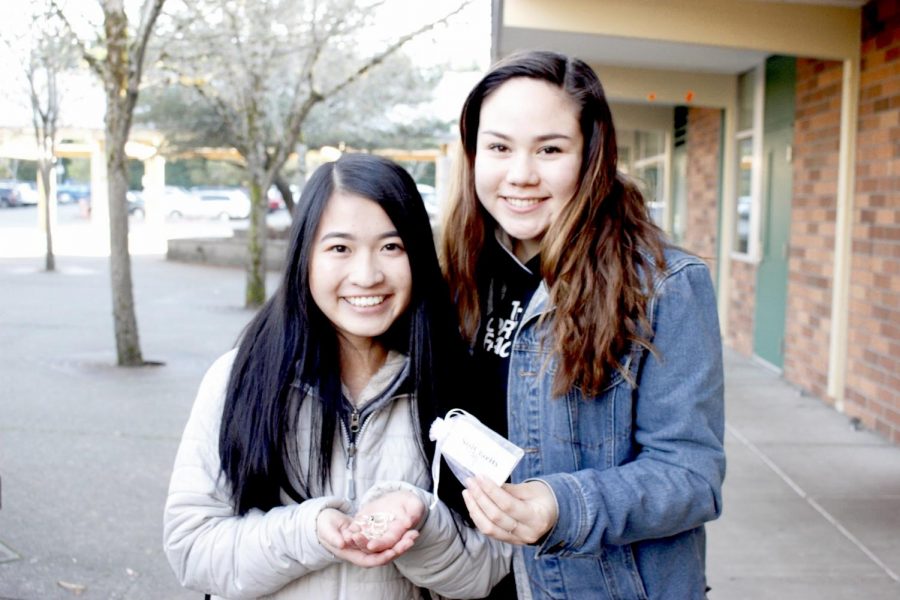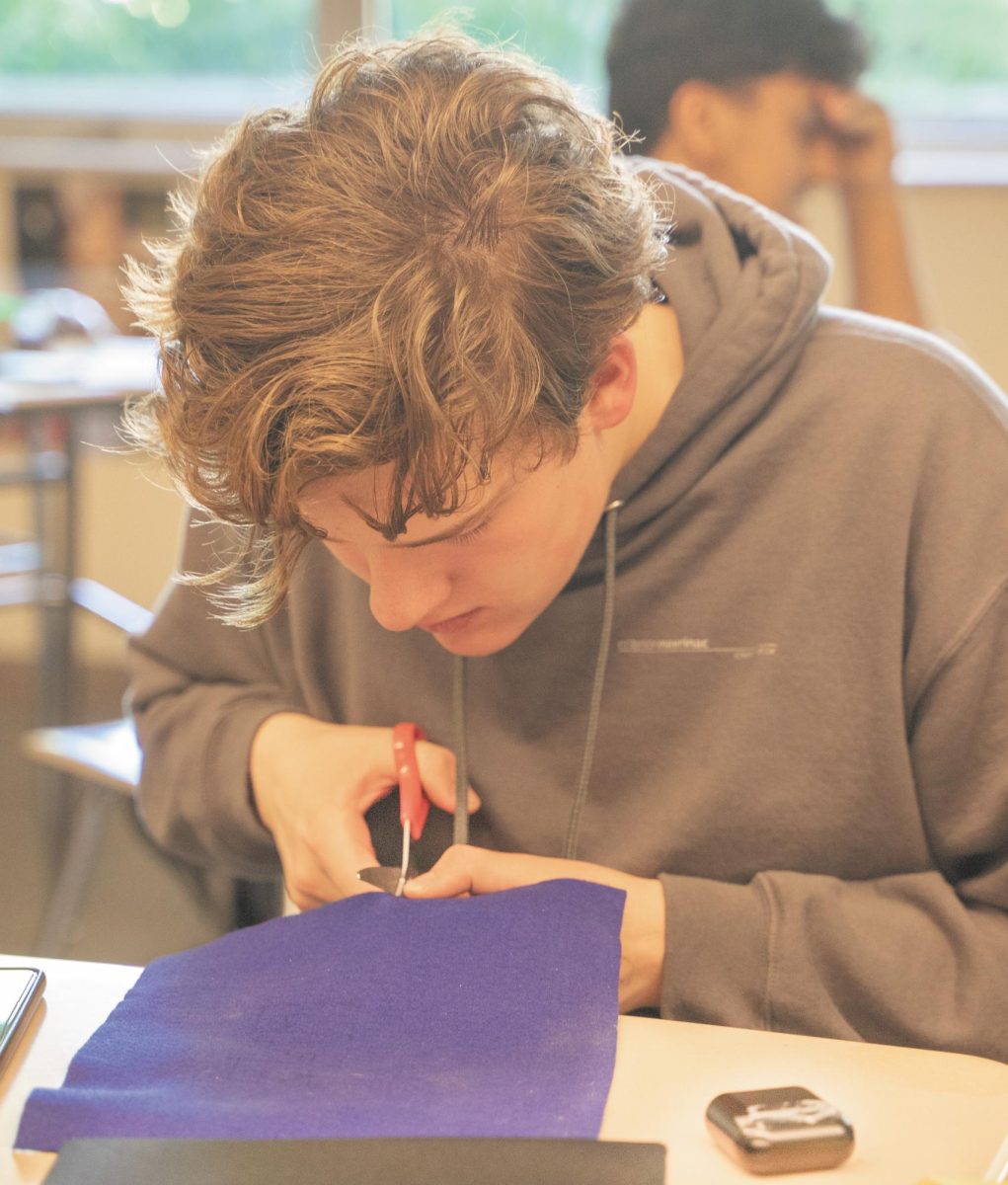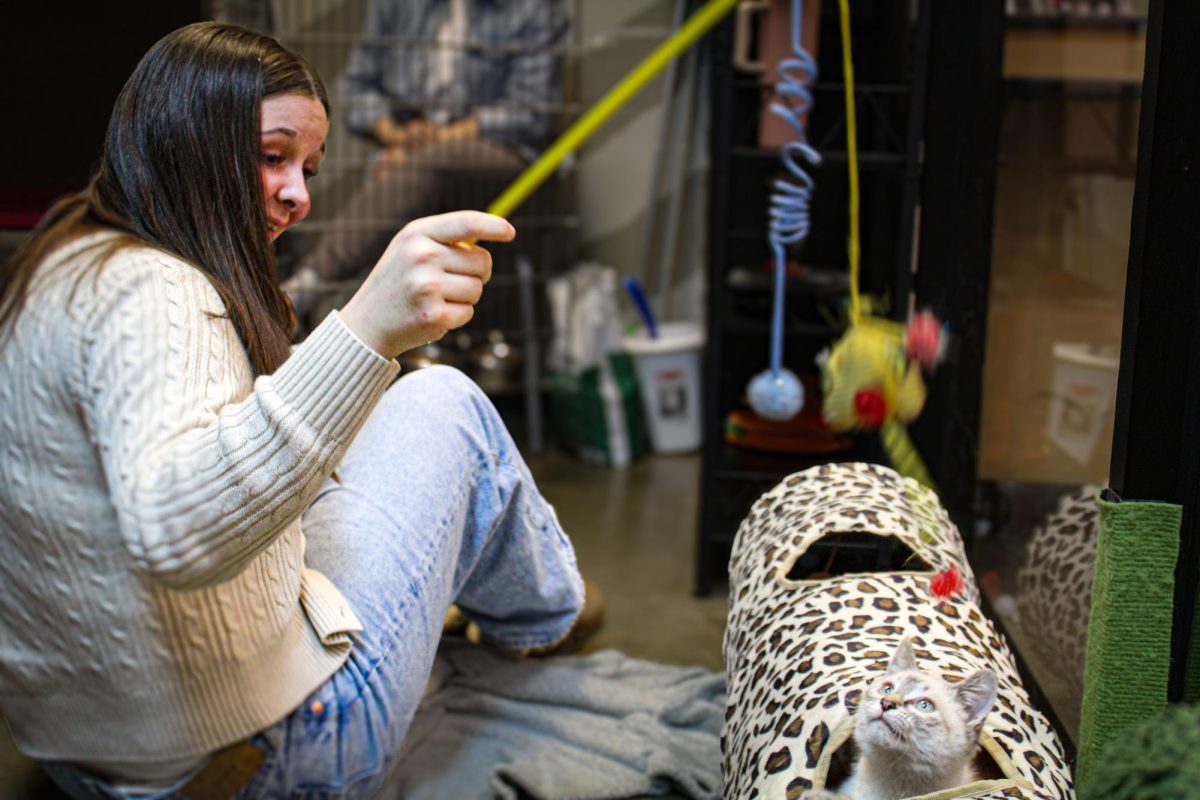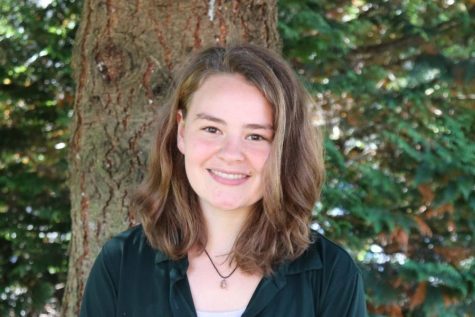Based on Google’s policy, where employees devote 20 percent of their time to side projects, the 20% Project encourages students to dedicate their time to a cause that benefits their community. When they were assigned to do this project in their history class this year, juniors Kendyl Santiago and Cynthia Tan partnered up and decided to raise mental health awareness by selling rings. They launched this project idea into a business known as SolClarity in late September of this year.
“We chose mental health because it’s not something people can see when they look at you. It’s something you personally have to deal with; you can just be walking around school and people won’t know what you’re going through,” Tan said. “That’s why raising awareness about that is really important to us.”
Although they were set on the cause of spreading mental health awareness, Santiago said they were very selective about what kind of product they wanted to sell.
“We wanted something that we could physically make that wasn’t time-consuming but was still intricate and shows that we put effort into it,” Santiago said.
When they settled on the idea of selling rings, Santiago and Tan purchased over $200 worth of supplies and spent hours getting the rings ready for distribution. After producing the first quota, the next step was to come up with a name for the business. Tan said that for promotional purposes, it was important that no one else had the same name as them. After several days of brainstorming, they came up with SolClarity.
“Sol, as in the sun, because the sun brings people joy and happiness. Clarity is for peace of mind [and] being able to be content with yourself,” Tan said.
The rings are produced in a variety of gemstone colors that customers can buy based on which mental health disorder the color represents.
“That’s our main goal: to allow our customers to choose which [disorder] they want to create awareness for,” Santiago said.
Tan said she and Santiago have constantly been looking to each other when making decisions, regardless of how small it is.
“We ask each other about everything so we [can] see if we agree with each other’s ideas,” Tan said. “It keeps us motivated and [we like] encouraging each other.”
Santiago also said Tan, who has business experience from DECA, has helped her learn about the entrepreneurship side to SolClarity.
“I personally like the business because it helps me accomplish something new I haven’t done before and it’s for a good cause,” Santiago said. “I know mental health is really important to raise awareness for and I like that it’s made people more aware of it.”
SolClarity aims to donate 10 percent of profits to the Harborview Medical Center. Santiago said they are hoping to increase their profit by promoting SolClarity more through their Instagram page and Etsy account and getting their products out to a broader audience.
“We want to reach more diversity in our customers because [at the moment]it is kind of more feminine. But we want to create more masculine products or more jewelry like necklaces and bracelets to make our business more well-rounded,” Santiago said.
As they continue to expand their business, Tan said it has been a rewarding experience to see the impact of SolClarity.
“It’s [great] that people want to support [SolClarity] and how people are spreading awareness about mental health through something as simple as a ring,” Tan said. “We are excited to see where [this business] goes.”























